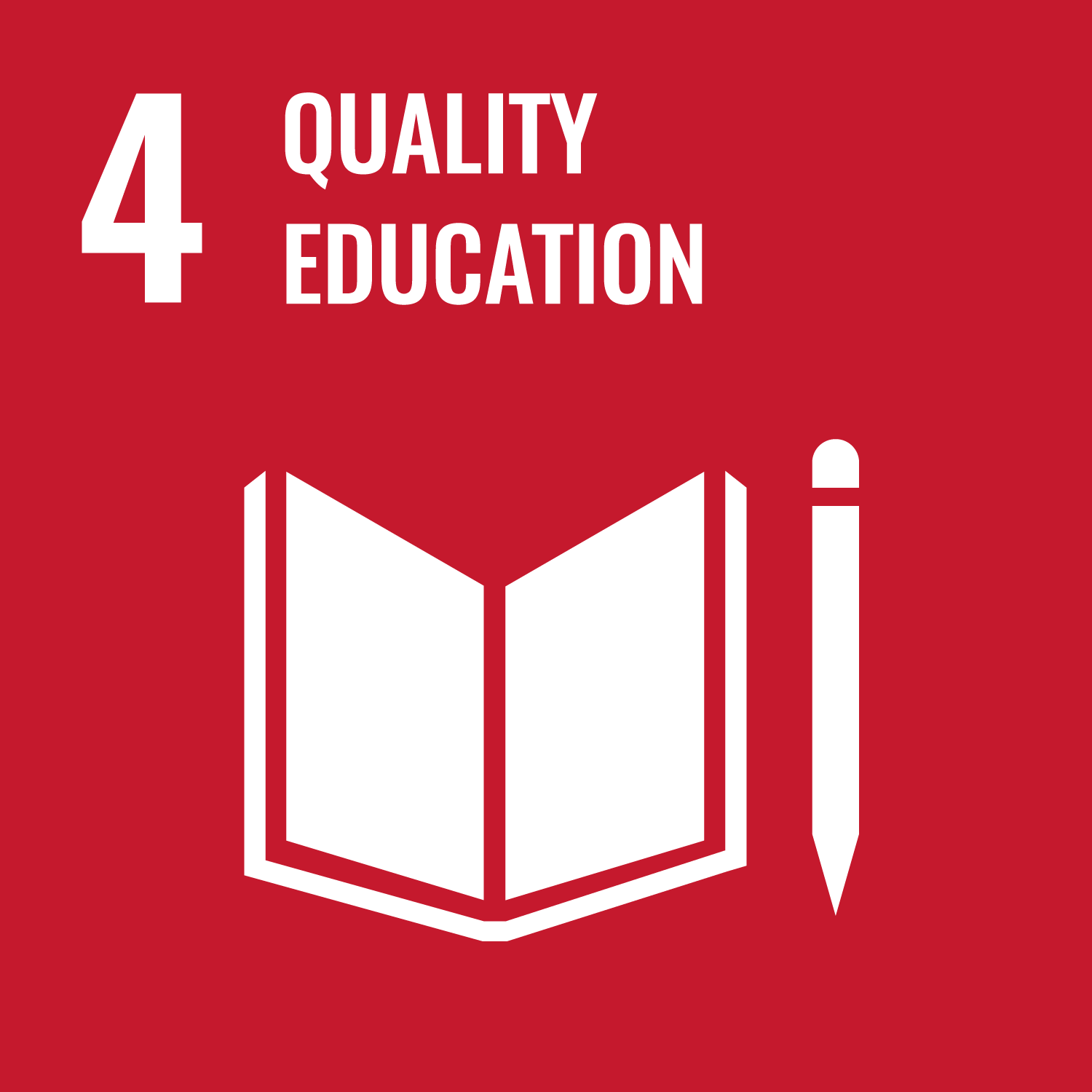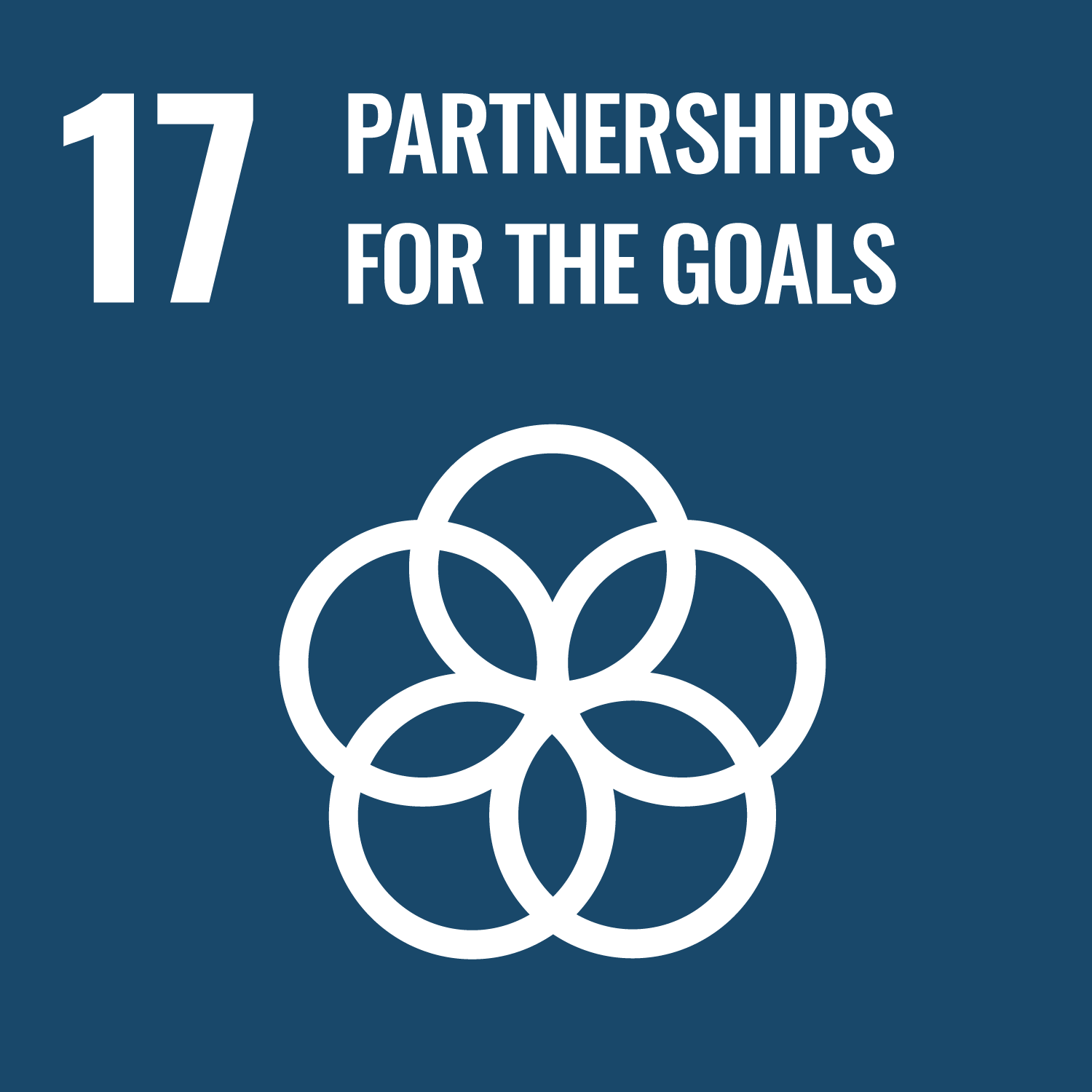Information, Advice and Guidance
The Information, Advice and Guidance (IAG) sector plays a vital role in enabling individuals and communities to access accurate information, make informed decisions, and navigate complex systems and services. It encompasses a broad range of roles in settings such as education, public services, charities, libraries, community organisations, and specialist support agencies. Whether you are helping someone choose a course, advising on careers, guiding clients through housing or benefits processes, or managing access to information resources, the core purpose is to empower people through personalised support.
Roles within IAG are diverse, ranging from frontline advisers and outreach workers to librarians, archivists, information officers, and policy or service development roles. Many require excellent communication skills, empathy, and an ability to explain complex information clearly. Some positions are highly specialist (for example legal advice or careers guidance) and may require professional qualifications or registration, while others are more generalist and offer on-the-job training.
In the UK, the IAG sector is influenced by government policy, public funding priorities, and developments in digital service delivery. Increasingly, services are moving towards blended models, combining face-to-face provision with online resources, virtual consultations, and digital tools. This creates demand for professionals with strong digital skills alongside traditional advisory expertise.
Emerging trends include a greater focus on inclusion and accessibility, responding to the needs of diverse and underrepresented communities; the integration of data analytics and AI to improve service delivery; and the development of user-centred design in public information systems. While AI tools are increasingly used to automate routine tasks such as enquiry handling and information retrieval, skilled practitioners remain essential for interpreting complex situations, building human-to-human connection, uncovering unspoken client needs, and providing personalised, expert guidance. In libraries and archives, digitisation projects and open-access initiatives are expanding how information is stored, preserved, and shared.
Key employers include local authorities, schools and colleges, universities, government agencies, charities, community organisations, and private sector providers delivering contracts on behalf of public bodies. Many roles are found within specialist advice agencies such as Citizens Advice, as well as in education and careers services, housing associations, and health-related charities.
Working in IAG can be deeply rewarding, offering the chance to make a tangible difference in people’s lives. Some roles involve working with individuals in challenging circumstances, requiring resilience and professional boundaries. Opportunities for progression often include moving into service management, policy and strategy roles, training, or specialist advisory positions.
If you are interested in this sector, these sectors might also be of interest to you:
- Charities, NGOs, Development Work and International Relations
- Education and Teaching
- IT, Data, and Tech
- Law and Legal Services
- Politics, Government and the Public Sector
Making contacts is essential for success in this and other sectors. Many jobs in this field come through networking and making speculative applications. You could start by speaking with the experts – find out what they did after graduation and contact them for advice.
Making contacts for work shadowing, informational interviews and speculative applications
To help increase your networks who may also be able to suggest ways to build experiences look at:
- Ask an Alum: A fuss-free way to connect with University of Exeter alumni to ask careers questions.
- Career Mentor Scheme: A popular employability scheme which matches a student or graduate with an experienced professional, for sector insight and one-to-one careers advice and guidance, over a 6-month period.
- Professional Pathways: a suite of sector specific training courses and paid week-long internships that take place in June.
Recruitment fairs, careers fairs, open days, talks, and events give insights and opportunities to make contacts. For details of future events visit Handshake. If you have not yet activated your account, select the Single Sign On (SSO) option and follow the onscreen instructions.
Many major graduate recruiters have policies and processes that are proactive in recruiting graduates from diverse backgrounds. To find out the policies and attitudes of employers that you are interested in, explore their equality and diversity policies and see if they offer Disability Confident Employer Scheme or are recognised for their policy by such indicators as Mindful Employer or as a Stonewall’s Diversity Champion.
The UK law protects you from discrimination due to your age, gender, race, religion or beliefs, disability or sexual orientation and more. For further information on the Equality Act and to find out where and how you are protected, as well as information on what you need to do if you feel you have been discriminated against, visit the Government’s webpages on discrimination.
To learn more about how to share details of a disability with an employer and the support you can receive applying for jobs and work experience visit our equality and diversity page.
- The Chartered Institute of Library and Information Professionals (CILIP) has a BAME and LGBTQ+ support network for members, the Changing Lives programme.
Action
Explore roles in the sector by visiting the areas of work below. Each profile covers typical duties and responsibilities, entry requirements, key skills required, professional development opportunities and links to finding both work experience and graduate roles.






